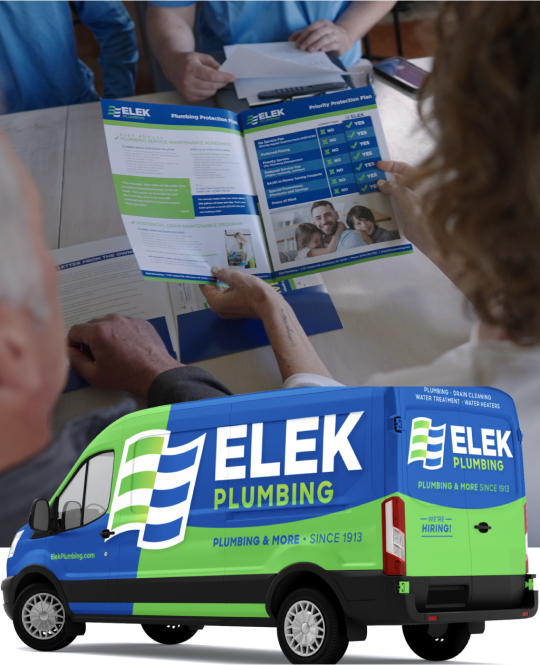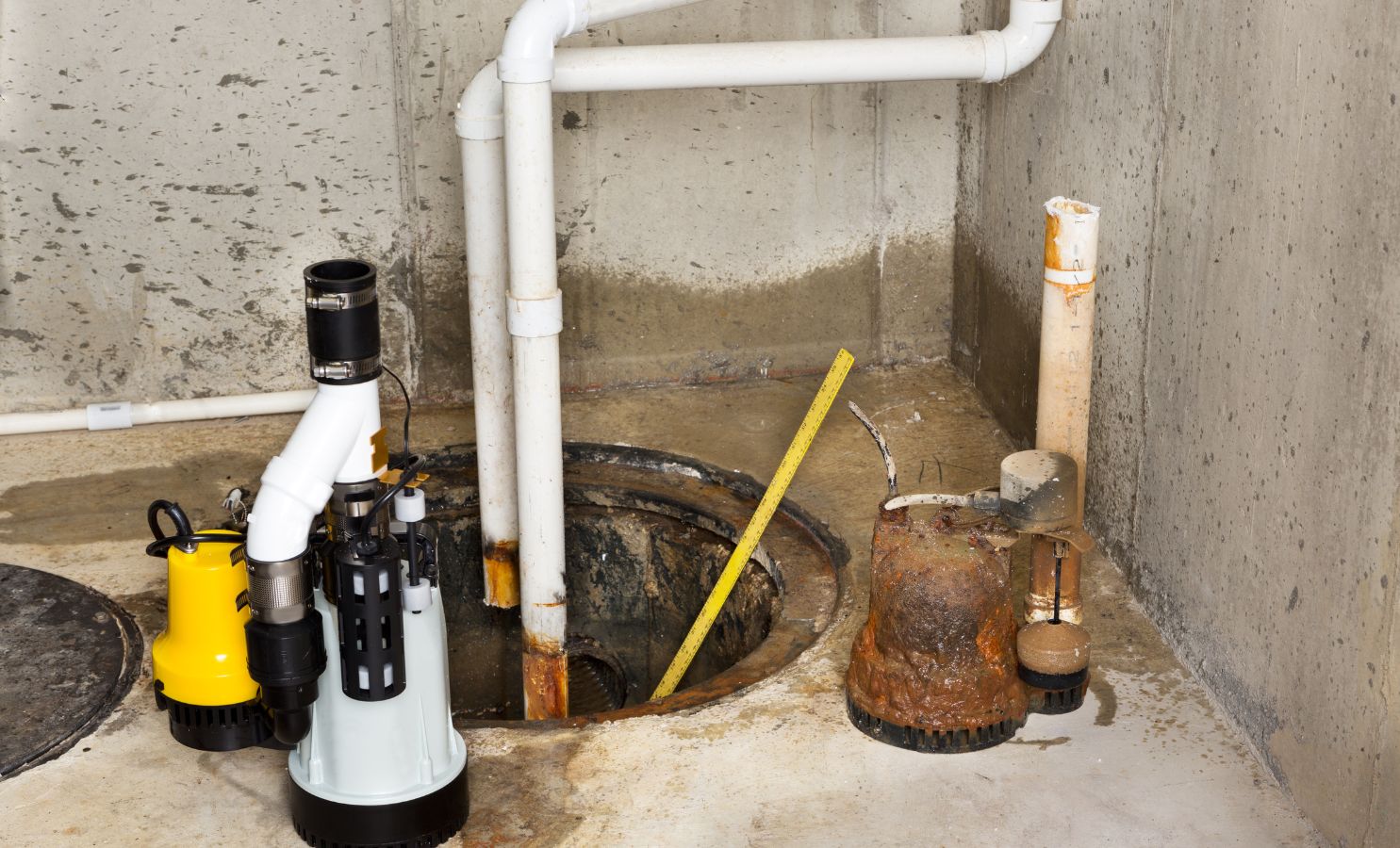How to Prevent Your Pipes from Freezing This Winter

Winter in colder climates can be harsh on your home’s plumbing system. When temperatures drop, water inside your pipes can freeze, causing them to burst and lead to costly repairs. Taking preventive measures to protect your pipes can save you from a winter plumbing disaster. Here are some effective steps to keep your pipes from freezing during the cold season.
-
Insulate Your Pipes
One of the most effective ways to prevent pipes from freezing is to insulate them, especially those in unheated areas like basements, attics, crawl spaces, or garages. Insulating your pipes helps keep the water temperature inside from dropping too low when the outside temperature plunges.
What to do:
- Wrap pipes in foam or fiberglass pipe insulation.
- Use pipe sleeves or heat tape for extra protection on particularly vulnerable pipes.
- Seal any gaps or cracks that may allow cold air to reach exposed pipes.
Pro tip: Pay special attention to pipes located near exterior walls or windows as they are more prone to freezing.
-
Keep Your Home Warm
Your home’s heating system is one of your biggest allies in preventing frozen pipes. Maintaining a consistent indoor temperature, even when you’re not home, helps keep water flowing and prevents pipes from freezing.
What to do:
- Keep your thermostat set to a minimum of 55°F (13°C) even if you’re away for an extended period.
- Open interior doors to allow warm air to circulate around plumbing fixtures, especially in rooms where pipes are located near exterior walls.
- Close garage doors, especially if water supply lines run through the garage.
Pro tip: Use space heaters to warm up particularly cold or drafty areas where pipes are located, but be sure to follow safety guidelines.
-
Let Faucets Drip
When temperatures are extremely cold, even a slow drip from your faucets can help prevent frozen pipes. Allowing water to flow through your pipes, even at a trickle, relieves pressure within the pipes and reduces the chances of freezing.
What to do:
- Open both hot and cold water taps slightly to maintain a slow, steady stream during cold snaps.
- Focus on faucets served by pipes that are particularly susceptible to freezing, such as those on exterior walls.
Pro tip: Running water through pipes, even in small amounts, generates heat, which can help prevent freezing.
-
Seal Cracks and Gaps
Cold air entering your home through gaps and cracks can cause nearby pipes to freeze. Sealing these openings will help maintain a warmer environment for your plumbing and reduce drafts that lead to frozen pipes.
What to do:
- Inspect areas where pipes enter or exit the home, such as near vents, doors, or windows, and seal gaps with caulk or foam insulation.
- Check for drafts in basements, crawl spaces, and attics where cold air can easily reach pipes.
- Consider adding weatherstripping around doors and windows to keep cold air out.
Pro tip: Pay special attention to gaps in the foundation and along basement walls, as these are common entry points for cold air.
-
Disconnect Outdoor Hoses and Drain Outdoor Faucets
Water left in outdoor hoses and faucets can freeze, expand, and cause pipes inside your home to burst. Before the first freeze, take steps to protect your outdoor plumbing fixtures.
What to do:
- Disconnect all garden hoses from outdoor spigots.
- Drain and shut off water to any outdoor faucets to prevent residual water from freezing.
- Install insulated faucet covers over exterior spigots for added protection.
Pro tip: Consider installing frost-proof outdoor faucets if you live in an area that experiences frequent freezing temperatures.
-
Install Pipe Heating Cables
If you live in an area where temperatures frequently drop below freezing, installing pipe heating cables or heat tape can provide added protection for vulnerable pipes. These cables automatically turn on when temperatures dip, keeping the pipes warm enough to prevent freezing.
What to do:
- Install heat cables on pipes located in unheated spaces like crawl spaces, attics, or basements.
- Follow the manufacturer’s instructions carefully to ensure safe installation and operation.
- Test heating cables regularly to ensure they are functioning properly before the coldest part of winter arrives.
Pro tip: Heat cables can be particularly effective for homes with older plumbing systems or for pipes in areas that are difficult to insulate.
-
Shut Off Water Supply if You’re Away
If you plan to be away for an extended period during the winter, it’s a good idea to shut off the water supply to your home and drain the pipes. This reduces the risk of frozen pipes and water damage in your absence.
What to do:
- Turn off the main water supply to your home before leaving.
- Open all faucets to drain the water from the pipes and relieve pressure.
- Flush toilets to empty the water from the tanks.
Pro tip: Consider having a trusted neighbor or friend check on your home periodically to ensure there are no signs of freezing or other plumbing issues.
Protect Your Pipes This Winter
Preventing your pipes from freezing is not only about avoiding costly repairs but also about ensuring your home remains safe and functional during the cold winter months. By insulating your pipes, keeping your home warm, letting faucets drip, and taking steps to seal any gaps, you can reduce the risk of frozen pipes. Taking these precautions now will give you peace of mind when winter hits, allowing you to enjoy the season without worrying about plumbing emergencies.
If you’re unsure about the best way to protect your home’s plumbing system, don’t hesitate to contact a professional plumber for expert advice and services. Stay warm and keep your pipes safe this winter!
Request Service


Water heaters last between 8 – 12 years on average when properly maintained. However, your water heater's life span depends on many factors, including the quality of the unit, its maintenance schedule, and the surrounding environment. If you’re unsure whether it’s time to replace your water heater, request a free estimate from our team.
Can well pumps be repaired, or do they need to be replaced? Can well pumps be repaired, or do they need to be replaced?In most cases, well pumps are not repairable. However, in some instances, all that’s needed is a bit of maintenance or a minor electrical fix to restore full system functionality. The only way to determine whether your well pump is salvageable is by having a knowledgeable plumber inspect the system.
Is it safe to use chemical drain cleaners? Is it safe to use chemical drain cleaners?Drain cleaning chemicals are highly toxic. These chemicals are unsafe for your family and pets and can damage your pipes, causing them to deteriorate prematurely. When stubborn clogs impact your system, the best solution is to hire a plumbing professional to clear the blockage.



